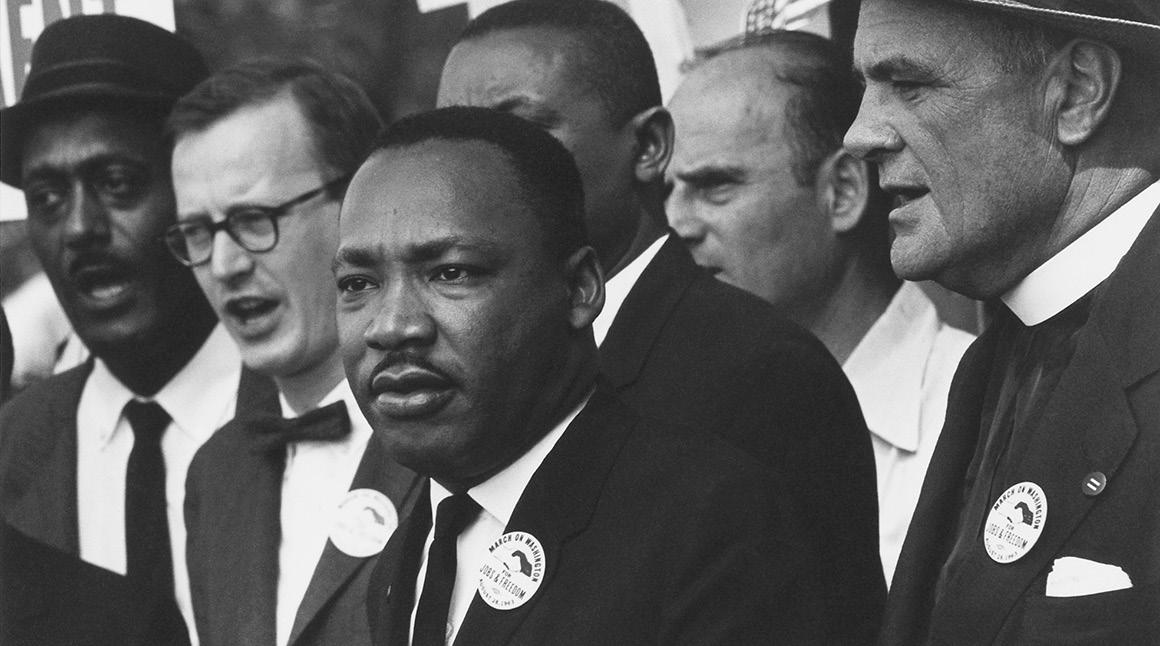
2 minute read
Common concerns for ethnically diverse donors

Unique Donors
Blood donors from all racial and ethnic backgrounds are needed, because patients from all backgrounds need the lifegiving gift of blood.
As an ethnic blood donor, you may have the unique ability to help patients with special needs. Many ethnic minority groups have rare blood types, such as types U negative and Duffy negative, which are distinctive to their community and serve specialized purposes.
As a result, an ethnic minority patient with sickle cell disease is more likely to find a match among those of the same ethnic background.
The Red Cross also works to find rare blood donors to meet the specialized needs of patients all over the country. Through its 39 Immunohematology Reference Laboratories, offering support to hospitals across the country, and its collaboration with AABB on the American Rare Donor Program, the Red Cross helps insure that patients will get the blood they need at any time of the day or night.
It is vital that our blood supply reflect the diversity of our population to best meet the needs of all. Whether AfricanAmerican, Asian-American, Native-American, Latino, or one of the many other ethnic populations that make up the rich mosaic of our country, your donation matters.
Unique Needs
People of various ethnic backgrounds can suffer from a common debilitating condition related to blood disorders. These disorders can require regular blood transfusions to alleviate pain and continue to allow the individuals to live.
The best chance for a successful transfusion comes from blood donors of similar ethnic backgrounds, because each ethnicity has specific phenotypes in their blood. The best match for one patient is not necessarily the best match for another patient. Your donation may match a patient with specific needs.
I am afraid of needles. At your Red Cross blood drive, only trained staff members will draw your blood. You will feel a brief pinch, but the donation itself is not painful.
Is it safe to give blood?
Your safety is our priority. A fresh, disposable tubing and collections set are used with each donor. Each needle is used only once and then discarded.
Is blood typed, labeled and distributed by race? Blood is typed, labeled and distributed to hospitals with no indication of gender or race of the donor.
If there is a blood shortage, will I be able to get blood if I end up in the hospital? The American Red Cross makes every effort to ensure that area hospitals have blood available when patients need it. We cannot meet the need without your generous gift of blood donation.
Is my privacy protected? Yes, all information is held in absolute confidence in the Red Cross data bank. The Red Cross must maintain your confidentiality, and will not share information without your specific written consent.

What happens to my blood after it is collected?
Your donation is stored at the Red Cross Facility. Blood samples are checked for viruses and other communicable diseases including HIV and Hepatitis C. Those units that pass the testing criteria are released to hospitals usually within 48 hours for patients’ use. If an abnormality is detected, a donor counselor will contact you to discuss the findings. This is done in strict confidence.
Am I eligible to donate if I have a health condition such as diabetes, anemia, high blood pressure, heart disease, etc.? Those with chronic illnesses such as diabetes or high blood pressure may still be able to give if the condition is kept under control through medication.










